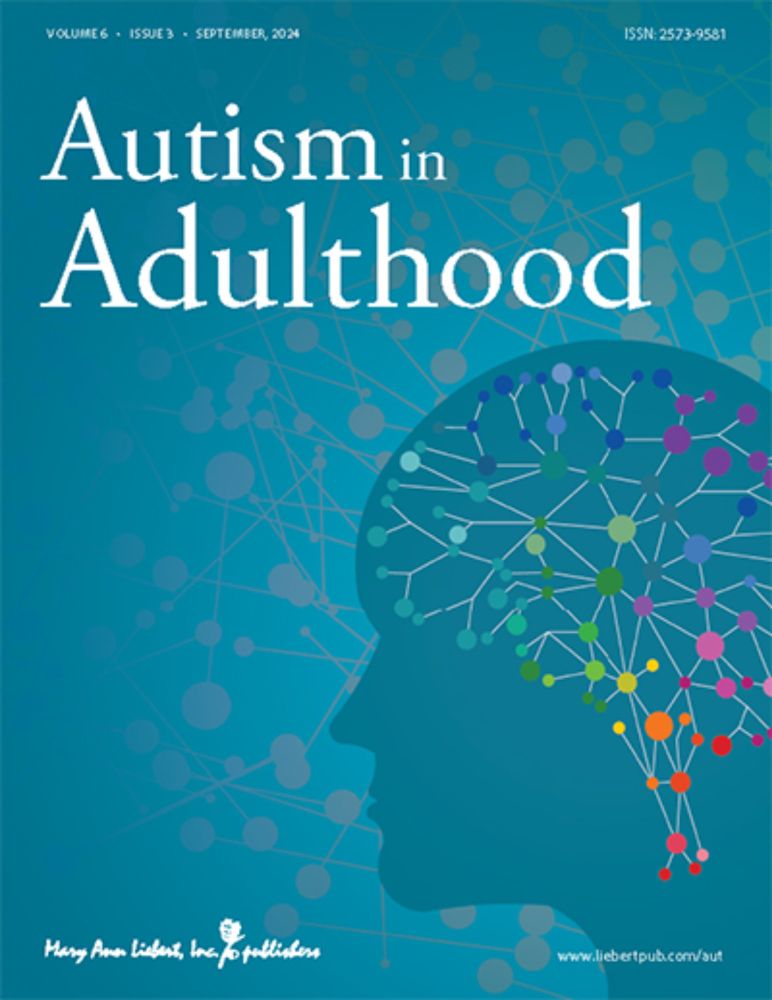You can download the accepted version for free here: osf.io/preprints/os...
They did cite a letter to the editor Robert, I, and others worked on that attributed the origins of the movement primarily to Jim Sinclair. I think sadly not enough people are aware despite Jim’s enormous impact and your book chapter.
Patrick Dwyer led a strong team. This paper is deeper than the one Kristen Gillespie-Lynch and I co-led over a dozen years ago: Deficit, Difference, or Both? (port.ac.uk), reflecting the growth in the field since then and strengths among a larger team autistic autism scholars.
Also consistent with more support for 'neurodiversity-lite' views among non-autistic participants: even after accounting for neurodiversity support, non-autistic people were less skeptical of various intervention goals, including normalization: they may be less aware of the harms of masking. 10/
Non-autistic participants may have had more 'neurodiversity-lite'-related views on the neurodiversity movement: autistic participants referred more to reforming society and promoting neurodivergent thriving, while non-autistic people emphasized celebration of diversity. 9/
Perhaps unsurprisingly, participants viewed "neurodiversity" as primarily descriptive (about neurocognitive differences but not behavior), whereas the "neurodiversity movement" was more prescriptive and political about reforming society for neurodivergent people. 8/
Neurodiversity movement support was related to supporting promoting communication through any effective method rather than prioritizing verbal speech, and for autistic leadership and consultancy in intervention decision-making, with reduced support for leadership from parents and professionals. 7/
Neurodiversity movement support was associated with support for making the world better for people with anxiety, depression, and epilepsy – yet only slightly associated with skepticism toward efforts to cure these conditions. Cure and societal reform can be pursued simultaneously, when applicable 6/
This Autism paper👆is from the same data set as an Autism in Adulthood paper on how neurodiversity movement supporters' and autistic people's views apply (well) to people close to autistic people with intellectual disability and nonspeaking autistic people. tinyurl.com/3zdfsx9h 5/

Background: Controversy regarding the neurodiversity movement (NDM), the social and medical models of disability, autism intervention goals, and causal attributions of disability contributes to divide...
Findings suggest that rhetoric masks broad consensus on some issues, such as again that even people who define the social model of disability as meaning society causes disability and endorse this view, support individual-level supports for autistic people. Adaptation must work both ways. 4/